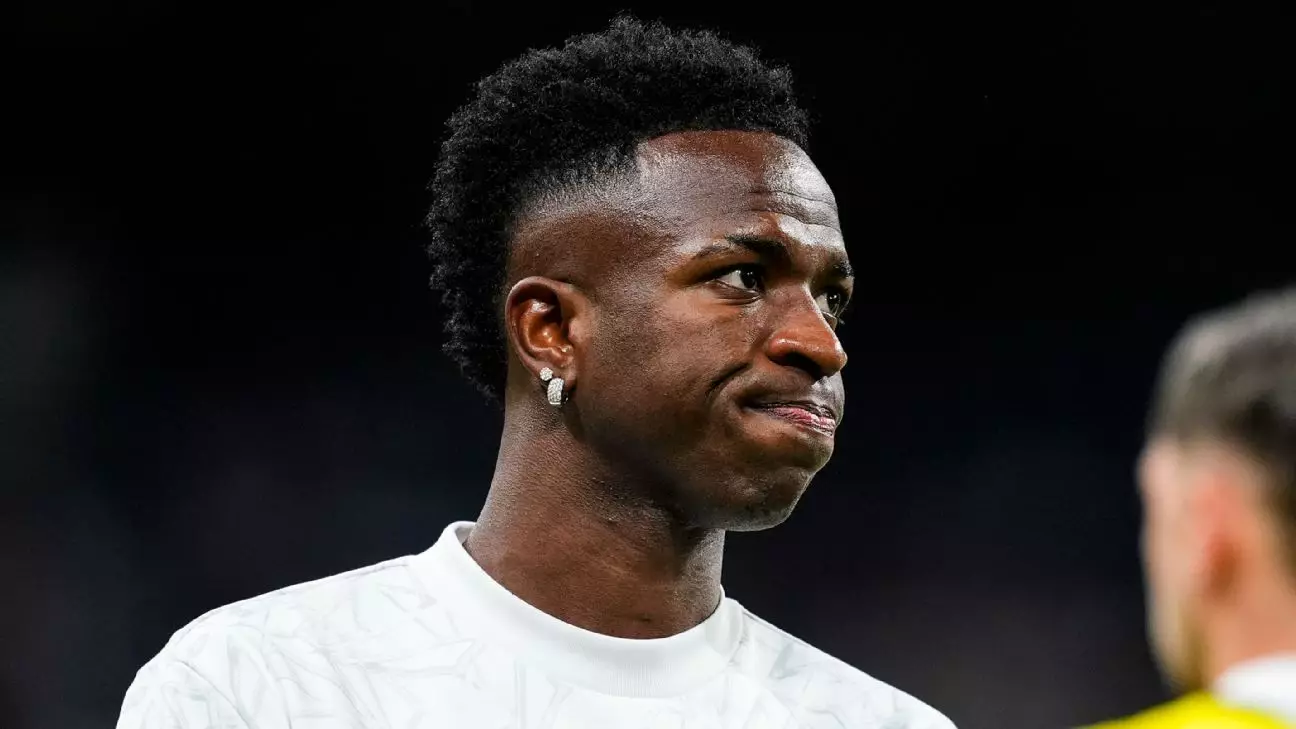In a surprising turn of events, Vinícius Júnior and his Real Madrid teammates chose to boycott the prestigious Ballon d’Or ceremony held in Paris. The decision stemmed from the announcement that Manchester City midfielder Rodri was poised to receive the coveted award. To say this choice was unexpected would be an understatement, especially considering Vinícius’s stellar performance over the previous season, which included securing a La Liga and Champions League double for his team. This boycott raises questions about how players perceive awards, their significance, and, ultimately, what actions are taken in protest.
A Disputed Meritocracy
Vinícius, who shone brightly in LaLiga with 15 goals and contributed significantly with six goals in the Champions League, had been billed as a frontrunner for the 2024 men’s Ballon d’Or. Many within the team and the fanbase felt that his accomplishments warranted recognition. The discontent among Real Madrid representatives reflects deeper issues regarding fairness in the voting process of such awards. One insider referred to the situation as a “historic robbery,” suggesting that the award’s integrity is questionable. If an accomplished player like Vinícius can be overlooked despite his contributions, what’s the merit of the Ballon d’Or voting system?
The history of the Ballon d’Or has seen its fair share of controversies. Most recently, Lionel Messi clinched his eighth award, while Karim Benzema was recognized in the previous year. For Vinícius, the stakes were particularly high, as winning would have made him the first Brazilian to receive the accolade since Kaká in 2007. This backdrop amplifies the emotional weight behind the decision to abstain from the ceremony, as it symbolizes not only personal disappointment but also a broader narrative concerning players’ recognition and value in the sport.
While the spotlight is often on awards, it is essential to evaluate players based on their overall impact on the game, not just on trophies or accolades. Vinícius had notable performances, such as his crucial goals in both the Champions League semifinal and final, as well as his brief but impactful stint in the Copa America. However, his team’s recent 4-0 defeat in El Clásico highlights how fleeting football fame can be. The discussions surrounding individual accomplishments often overshadow collective team contributions, creating a complex dynamic between player recognition and team success.
Vinícius Júnior’s decision to boycott the Ballon d’Or ceremony should not merely be viewed as an act of defiance against a perceived injustice. It serves as a critical reminder of the ongoing debate about individual recognition in sports and the balancing act that comes with it. In a world where athletes dedicate their lives to the game, it’s essential to ensure that systems of recognition genuinely reflect their efforts and achievements. The outcome of this year’s Ballon d’Or may not define Vinícius’s career, but it does raise fundamental questions about how we recognize excellence in the beautiful game.

